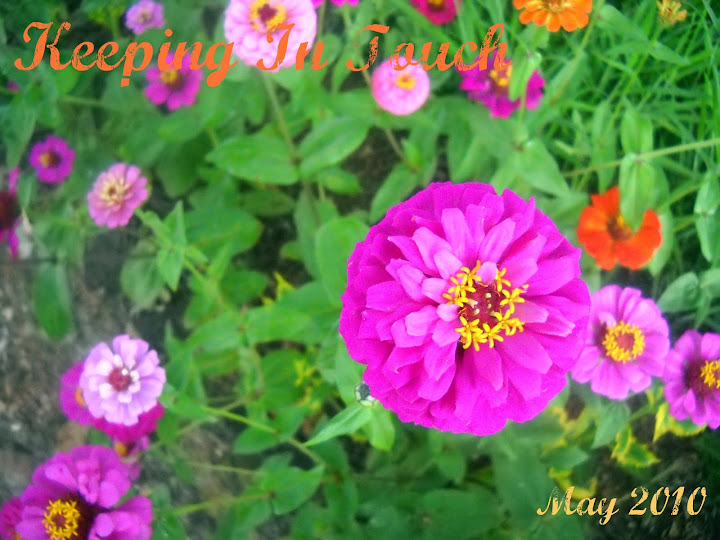Okay, this is the last one I promise.
The last book is called "Machete Season - The Killers in Rwanda Speak". It is written by Jean Hatzfeld, the same guy that wrote the last book I talked about.
So, in the last book, he interviewed only the survivors. He said that he had no interest at all in interviewing the killers. But, after tons of people sent him letters asking him about the killers, he decided it wouldn't be too crazy to try to interview them. He interviews 10 men in a prison. Before and after the genocide, they were a close group of friends... he calls them a gang. Out of these men, only 1 is different than the normal Rwandan farmer (a school teacher), most of them are in their 20's or 30's (2 of them are in their 60's) and they all lived in the same village at the time of the genocide.
This book is kind of hard to explain. It's really good, but creepy at the same time. When I was reading it, I marked all the parts that I liked (not really sure if this is the right word... I don't really like talking about people being killed). I'll put the parts here.
"I saw papas teaching their boys how to cut. They made them imitate the machete blows. They displayed their skill on dead people, or on living people they had captured during the day. The boys usually tried it out on children, because of their similar size."
"We were well prepared by the authorities, We felt we were among ourselves. Never again did we think even for a moment that we will be hampered or punished. Ever since the plane crash, the radio had hammered at us - The foreigners are departing. They had material proof of what we are going to do, and they are leaving Kigali. This time around they are showing no interest in the fate of the Tutsis."
"Saving the babies, that was not practical. They were whacked against walls and trees or they were cut right away. But they were killed more quickly, because of their small size and because their suffering was of no use."
I marked a lot more, but I didn't want this post to be too long. One thing I noticed during the whole book is the lack of emotion in their voices. It may seem that it's kind of weird because it's a book, but I could kind of tell that they really could care less about the things they were saying. When I got to the end of the book, this is what the author says about that:
"Not one of them presents the slightest symptom of psychic distress. Not one of them shows signs of any disturbance. There are regrets, complaints, homesickness, dejection, and ailments due to imprisonment-but never any fits of depression about their machete blows... At every interview, the men speak in even voices with a familiar tone that denotes astonishing impassiveness."
At the end of the book, there is a picture of the men(which I couldn't find anywhere on the internet) and an explanation of what happened to them. Only one of them remains in prison. He has a life sentence. The other 9 were released in 2003 or earlier. They all returned to their village and live with people that they tried to kill.










